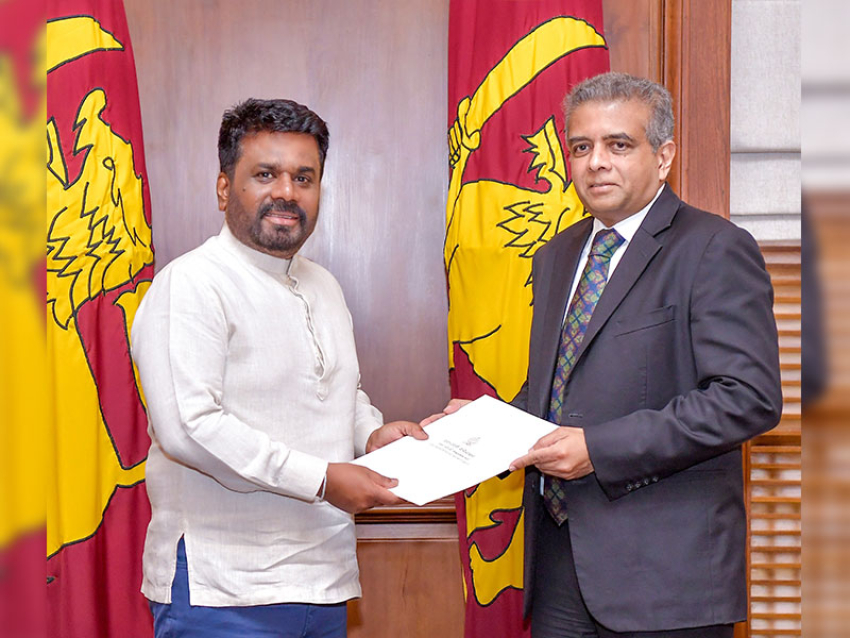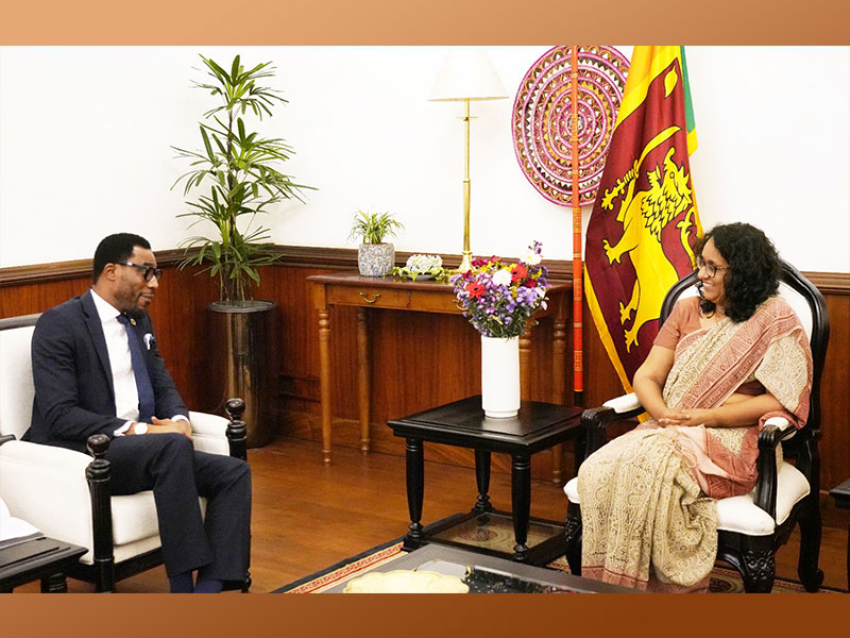The Minister speaking at the ‘Conference for Chairmen of SOEs’ organised by the Department of Public Enterprises of the Ministry of Finance and Mass Media last week said 55 SOEs contributing 13.22% of the GDP through a turn over of Rs. 1800 billion is a commendable achievement.
He said of the 55 SOEs of approximately 400 state institutions, 39 recorded a net profit of Rs. 136 billion in 2017. However, 16 SOEs had reported a net loss of Rs. 87 billion while returns on assets had been 0.64% in the year under review which shows that SOEs have not utilised their full potential for the economy.
The contribution of SOEs in terms of payment of levies to the Treasury has dropped by around 50 % last year according to Finance Ministry data.Secretary to the Ministry of Finance, Dr. R.H Samaratunga, said government allocated around Rs. 1050 billion as capital to develop strategically important SOEs last year.
However, the dismal performance of many of the SOEs is highly disappointing. The Committee on Public Enterprises notes that among many issues emanating from SOEs improper financial planning, weak internal audits, over staffing, setting up subsidiaries without the concurrence of the Treasury, lack of commitment to cost accounting systems and dearth of professionally sound persons to head institutions are key drawbacks to improve performance of state owned enterprises.
COPE also notes favouring certain segments in SOEs by managements, recruitment of employees without proper approval from the Treasury, granting promotions without approval of the management and filling vacancies for projects bypassing management circulars taking place in SOEs. Counselor for Development Cooperation of the Australian High Commission, Victoria Coakley, said SOEs of Sri Lanka contributing 13% of the GDP is a factor the country can be pleased about. However, its level of debt cannot be sustained. “Australia fully supports initiatives such as training programs to build skills and capacity in SOEs that in turn would enhance its contribution to the economy,” Coakley said



















